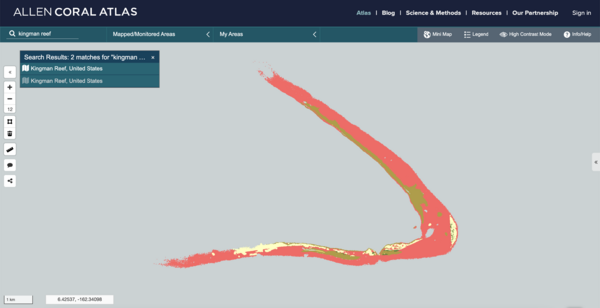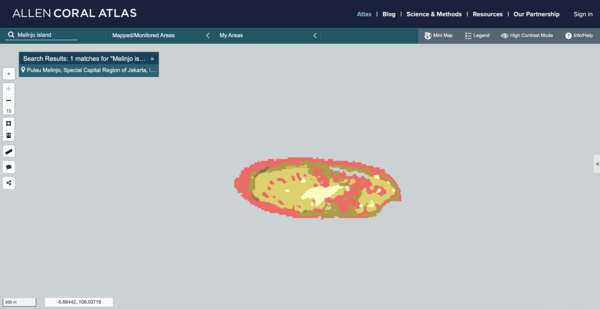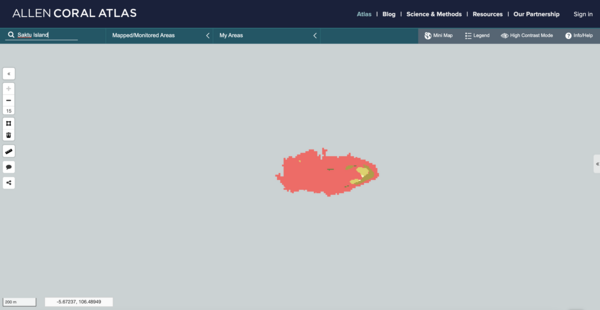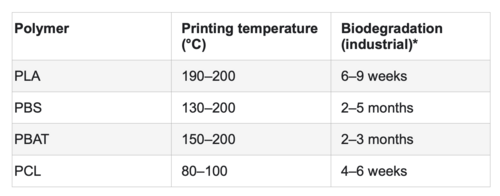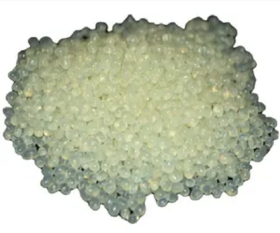May or May not: Difference between revisions
Nosh Neneh (talk | contribs) No edit summary |
Nosh Neneh (talk | contribs) No edit summary |
||
| Line 48: | Line 48: | ||
'''Make screenshots from the Allen Coral Atlas of coral reefs that are almost vanished based on data from the Allen Coral Atlas.''' | '''Make screenshots from the Allen Coral Atlas of coral reefs that are almost vanished based on data from the Allen Coral Atlas.''' | ||
'''Kingman Reef'''[[File:Kingman Reef.png|thumb|left|600x600px]] | '''Kingman Reef'''[[File:Kingman Reef.png|thumb|left|600x600px]] | ||
Revision as of 11:45, 14 September 2023
What will it be?
3D prints of vanished coral reefs crafted from biodegradable material. Adorning it are images of neon coral bleaching.
Why do you want to make it?
To instill awareness about the disappearing coral reefs and the importance of their protection. In recent years, the health of coral reefs has been deteriorating rapidly. Climate change poses the greatest threat to coral. As the Earth's temperature rises, so does the temperature of the seawater. A mere increase of 1 to 2 degrees can lead to coral mortality.
Coral reefs play a vital ecological role. Often found in waters with limited phytoplankton, the foundation of the marine food chain, they create true oases of life amidst the ocean desert. Moreover, they serve as natural barriers against cyclones, storms, and erosion, absorbing the force of the waves. Coral reefs serve as havens and nurseries for marine creatures, contributing to biodiversity and promoting fish populations, among other benefits. They purify water and act as excellent coastal protectors during extreme weather events.
This is a follow-up step to my previous project on coral neon bleaching.
Describe how it would be made?
Initially, research is conducted on vanished coral reefs using the Allen Coral Atlas. The atlas maps coral reefs worldwide and monitors the threats they face, providing actionable data and a collective understanding of coastal ecosystems. Subsequently, a vanished coral reef is selected to create a 3D model, which is then printed using a 3D printer with biodegradable material. Finally, consideration is given to imprinting images of coral neon bleaching onto the material.
Workflow
Juli/August: Research on Allen Coral Atlas in order to find the actionable data from vanished coral reefs. Also further research about vanished coral reef, besides the Allen Coral Atlas, shall be done in this period. After this period I will make a selection of vanished coral reefs I want to work with.
September week 1/2: Research on what biodegradable material I want to use for the 3D prints
September week 3/4: Try outs with making the 3d prints of the vanished coral reefs
Oktober week 1/2: Finalize the 3d prints.
Oktober week 3/4: Experimenting with ways of incorporating image/moving image of neon coral bleaching to the 3d prints
Scratches 'May or May not'
Make a list of different coral reefs that are almost vanished.
- Pulau Seribu island group/Jakarta Bay
- Melinjo Island
- Saktu Island
- Seychellen
- Kingman Reef
Make screenshots from the Allen Coral Atlas of coral reefs that are almost vanished based on data from the Allen Coral Atlas.
Kingman Reef
Melinjo Island
Saktu Island
Search for a biodegradable polymer that is used in 3D printing.
Polylactic Acid PLA is considered to be the most important of all bio-based polyesters on the market (Jager, Ady). PLA is generally produced from sugar (sugar beets, sugarcanes, corn). Through fermentation, with the help of micro-organisms, lactic acid is produced. This is a highly efficient process. Per sugar molecule, two molecules of lactic acid are produced, without any residual products.


